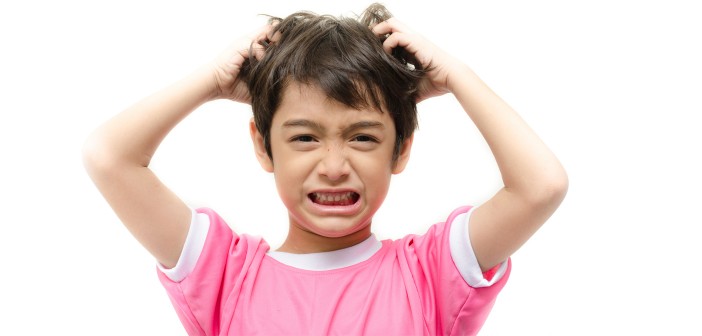We love to see our children thrive and grow; however, some of you have noticed that your kids have itchy skin … to the point that they cannot stop scratching themselves!
While we can’t tell exactly who will develop eczema,
there are predictive factors that we can rely on.
Why is my child always itchy and scratching herself?
Your child could be suffering from a condition called childhood eczema, also known as atopic dermatitis. This condition is worse in the winter when the air tends to be dry and cold, and we are in the middle of that season right now. There is a genetic disorder that predisposes immune system dysfunction causing release of a factor that causes this intractable itch. It is a long-term condition that may improve with age, but there is currently no cure for it. We can, however, control it with lifestyle changes and medication.
If this is a genetic disorder, is my child at risk for anything else?
Children with atopic dermatitis may also suffer from other hypersensitivity (literally means “oversensitive” and refers to the immune system), including asthma and seasonal allergies. During the spring and summer months, allergies are common and your child may sneeze, rub her nose and have itchy eyes. She may also have trouble breathing when she exerts herself, such as during sports, which may be a sign of asthma. You may hear her wheeze when sleeping or she may have extra trouble with viral respiratory tract infections. Your child may also be more prone to developing contact dermatitis – an allergy to environmental triggers such as nickel, perfumes, dyes, etc. Kids with atopic dermatitis may also develop food allergies.
How do I know if my child is at risk? Can I tell if she will develop it?
While we can’t tell exactly who will develop eczema, there are predictive factors that we can rely on. If there is a family history of eczema, allergies, hay fever, or asthma, then your child is more prone to having atopic dermatitis. This makes sense, since the condition is genetic. Other risk factors include parents with a high education level, living in urban areas, certain ethnicity (such as African American), spending time in daycare, and having attention-deficit hyperactivity disorder (ADHD).
What does eczema look like?
Eczema often appears in early childhood, many times before age five. Older kids may develop eczema, as well. Itchiness, redness and dryness are the predominant symptoms. Initially kids develop it on the extensor (outside) elbows, and knees, and then it moves to the flexural areas (folds of the elbows and backs of knees). They may develop it on the face, hands, feet, scalp, trunk, and even the diaper area. Often, the child will also exhibit food allergies or the atopic triad mentioned above.
What can I do to treat eczema?
Gentle skin care, lukewarm baths/showers, mild and non-allergenic soaps/shampoos, adequate skin hydration (lubricants, moisturizers), topical and oral medications are used to keep it under control. Inadequate control of the eczema will lead to sleep disturbance, possible infection, pain, and a decrease in your child’s quality of life. Be sure to see your doctor for proper evaluation and a treatment plan.
Will my child outgrow it?
Some kids “outgrow” their atopic dermatitis, meaning it improves with age. However, this is not the case with all children and it may even worsen with age. It may quiet down for a period of time and flare up in times of stress (exams, social or family situations), during sickness and with certain triggers (dry skin, heat, sweating, allergens). It may manifest at other times or in adulthood. Nummular eczema, hand dermatitis, and asteatotic (dry) eczema are other conditions that may be present later in life.
Learning about childhood atopic dermatitis is the first step in helping your child. There are ways to deal with eczema and with the help of you and your doctor, she will be relieved from her itching!








